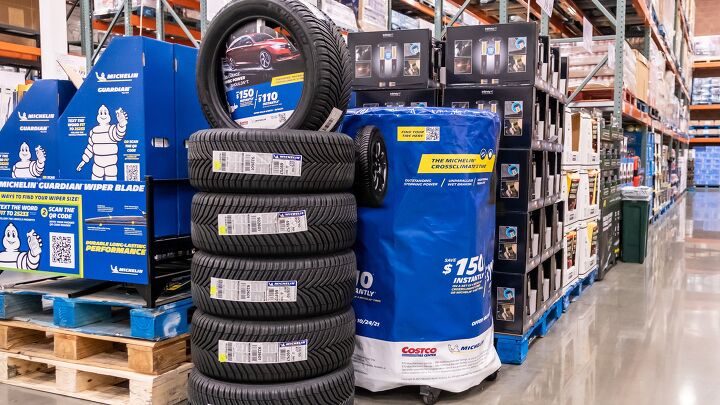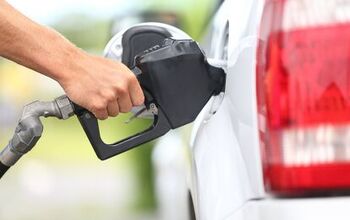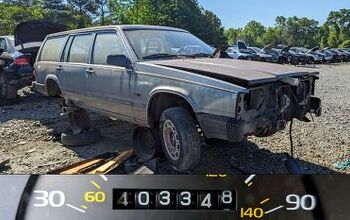J.D. Power: EV Owners Not As Satisfied as Gas Owners On Tire Wear

While it’s true that electric vehicles don’t require the same level of routine maintenance that gas vehicles do, EVs have some downsides. A main point of complaint for owners has been tires, as a new J.D. Power study showed that many are surprised that their heavy, torque-rich EV burns through rubber faster than when they had a gas vehicle.
The study showed that EV owners are less satisfied with their tires’ durability, as they expect them to last as long as their gas vehicle’s tires did. J.D. Power’s senior director of benchmarking and alternative mobility, Ashley Edgar, said, “Because of the inherent conflict of maximizing vehicle range and optimizing tire wear for EVs, tire manufacturers and automakers need to work together to overcome the challenge without completely sacrificing tire performance in other areas, especially as the EV market continues to increase.”
The shift in tire performance will mean that dealer service departments need to be prepared to jump into the tire business, if they’re not already. Electric vehicles don’t need oil changes and other regular maintenance, so tire rotations and related fixes will become the most common customer needs.
Outside of EV tires, J.D. Power also found that customers were most satisfied with Michelin tires across several segments, including luxury vehicles, passenger cars, and performance tires. Falken was the top tire in the truck and utility segment.
J.D. Power surveyed 31,414 owners of 2022 and 2023 model-year vehicles for the study. Owners were asked about their satisfaction in four areas: tire ride, tire wear, tire traction and handling, and tire appearance.
[Image: Kalimedia via Shutterstock]
Become a TTAC insider. Get the latest news, features, TTAC takes, and everything else that gets to the truth about cars first by subscribing to our newsletter.

Chris grew up in, under, and around cars, but took the long way around to becoming an automotive writer. After a career in technology consulting and a trip through business school, Chris began writing about the automotive industry as a way to reconnect with his passion and get behind the wheel of a new car every week. He focuses on taking complex industry stories and making them digestible by any reader. Just don’t expect him to stay away from high-mileage Porsches.
More by Chris Teague
Latest Car Reviews
Read moreLatest Product Reviews
Read moreRecent Comments
- TCowner None.
- Wolfwagen Short of the example given (or similar circumstances) I would find it hard to believe that they would not be able to account for a majority of these cars. Does anyone else remember the stories of AMC/Chrysler sending parts guys out to junkyards to deposit new heater cores in old AMC Alliances?
- 3SpeedAutomatic When picking up International Harvester, VW got rights to the Scout trade name. What about the Travelall? It could compete with the Grand Wagoneer, Chevy Suburban, GMC Yukon, Lincoln Navigator, etc. 🚗 🚗🚗
- Joe65688619 They don't need this AND the Lyriq
- Varezhka Probably another way to spread the EV manufacturing risk, especially with the ever changing tariff and tax credit/subsidy situation all over the world. With enough shared engineering it will be easier to share production capacity between the two companies.


































Comments
Join the conversation
2019 Chevy Impala Premier FWD with 20 inch factory Bridgestones. I'm looking at replacing tires at the 65,000 KLM's (40,000 miles ) mark ....It doesn't thrill me .. I'm pricing Michelin Cross Climate 2 tires ouch !! ..Up here in Canuckastan ....Big $$$$$
Since EVs don't come in for oil changes, their owners don't have their tires rotated regularly, something the dealers would have done. That's the biggest reason they need to buy a new set of tires sooner, not that EVs wear out tires appreciably faster.